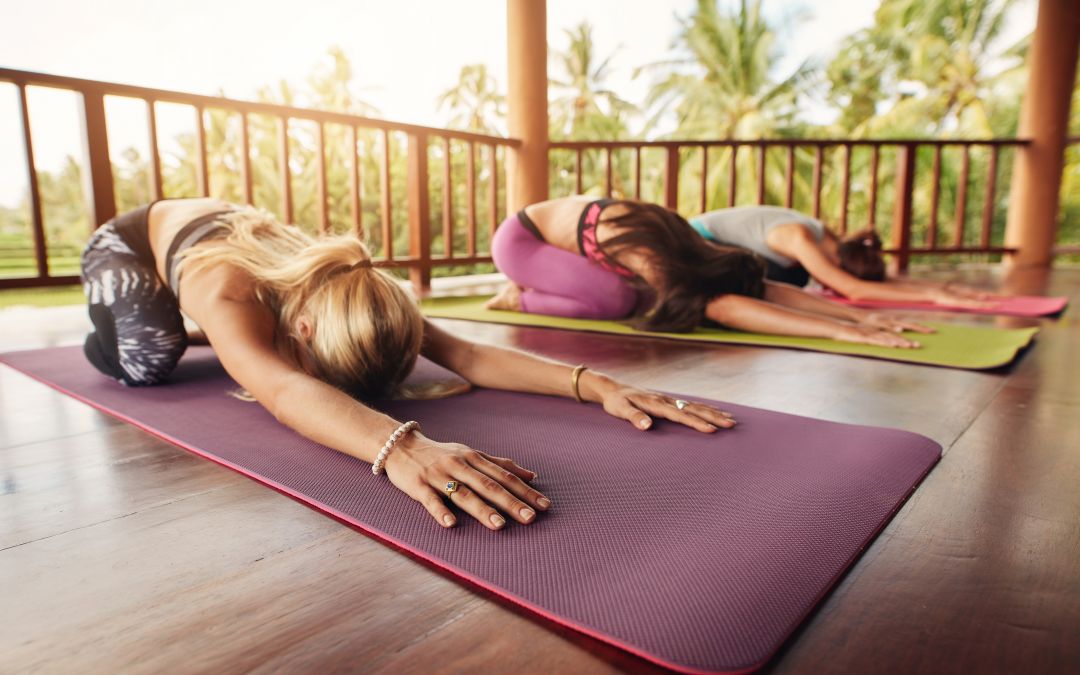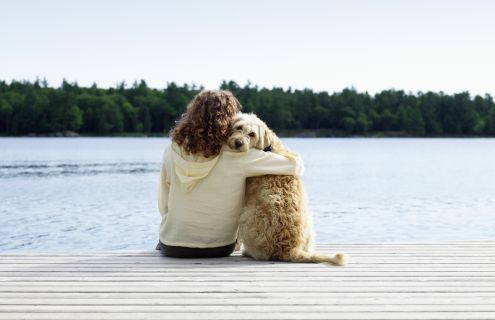Can living more in the present moment improve health and wellbeing?
Anne Thorn shares key tips for living in peace with life, learned from health and wellbeing guru, Sandy C. Newbigging

It’s official, we waste nearly half our lives lost in our thoughts.
According to a Harvard University study, people spend 47 per cent of their waking hours thinking about something other than what they are doing. ‘A human mind is a wandering mind, and a wandering mind is an unhappy mind,’ the psychologists who carried out the study say.
So how do we live more in the present moment and what benefits can this give us? This was one of the questions answered at a weekend Mind Body Calm meditation retreat led by health and wellbeing guru Sandy C. Newbigging, also a bestselling author who is about to release his new book Calm Cure (Hay House, £10).
His philosophy is quite simple. If we practise spending more time experiencing the present moment and tune into the part of us that is always at peace, we can relieve pain and ease suffering by finding peace with our minds, no matter what is happening around us. It’s not about finding peace of mind but peace with our minds.
I have been living with a chronic pain condition for two years for which doctors cannot find any cause. The more I read about chronic pain, the more I came to believe that there may be an emotional connection. I started to explore research about the mind-body connection and came across Newbigging. What he said resonated with me so I immediately booked onto one of his weekend retreats.
When I arrived I couldn’t imagine being able turn off the constant dialogue in my head, but the more I practised meditation and the techniques I learned, I understood that my thoughts were stories and my emotions were temporary, and I was able to connect to the present moment and feel calm.
Mind Body Calm tips for a more peaceful mind:
1. To meditate and tune into your peaceful awareness practise GAAWO – which stands for being Gently Alert with your Attention Wide Open. Gaze straight ahead and notice what you see, then allow your field of vision to open wide, not moving your head or eyes, but notice what you can see in your peripheral vision, up and down and left and right. Just rest into this feeling for a while and allow your mind and body to rest into this peaceful awareness.
2. Think of emotions as temporary feelings just passing through. Each time you notice an unwelcome emotion, practise GAAWO and tune into the part of you that is always at peace. Don’t try to suppress emotions or bat them away just notice them, tune into your awareness and you will find you do not dwell on them so much.
3. When thoughts appear observe them and how they make you feel. Start to view your thoughts as stories; the only real moment is now. Thoughts of the past are our version of something that has happened, our worries about the future are stories about something that might happen. While we are thinking, we are missing out on what is happening in the present moment.
4. Commit to a daily meditation practise, ideally twice a day. Make sure you are gently alert during meditation and not drifting off into sleep. If thoughts appear don’t worry, just refocus on the gentle awareness and carry on. Practise GAAWO and calm thoughts throughout the day.
5. You don’t have to fix, change or improve your life, just find peace with it.
I went to the retreat hoping to find a cure for chronic pain, but what I learned helped me realise that I can live in peace even if it doesn’t resolve itself. I was able to put into practise what I learned on the way home – when I saw flashing signs on the M5 telling me it was closed up ahead; I noticed an initial frustration then just let it pass and saw that my SatNav had already chosen an alternate route.
Since returning home I have been meditating twice a day using the Mind Calm and Body Calm CDs and am already noticing a difference. I don’t dwell on emotions that I previously would have turned over and over in my mind. We need our emotions, so the key to emotional freedom is not getting rid of emotions but living in peace with them and realising the only true moment is now.









